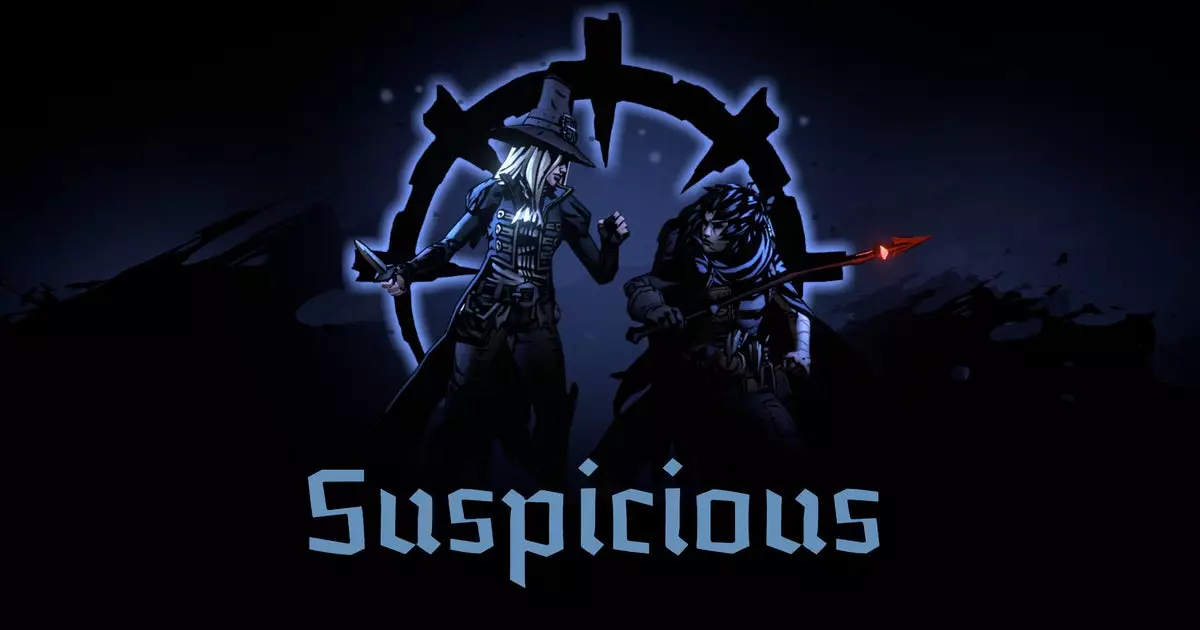In an unexpected turn of events, Behaviour Interactive, the studio behind the popular multiplayer horror game *Dead by Daylight*, has announced its acquisition of Red Hook Studios, the creative force behind the critically acclaimed *Darkest Dungeon*. This news arrives in the midst of a tumultuous period for Behaviour, marked by layoffs, the cancellation of projects, and the closure of Midwinter Entertainment. This acquisition presents a complex landscape of challenges and opportunities for both companies, and it raises pertinent questions regarding the definition of independence in the gaming industry.
Behaviour Interactive’s recent history is laden with difficulty. With layoffs affecting numerous employees and the shuttering of a development studio, many may view this acquisition as an attempt to regain stability by absorbing a reputable name in the indie game community. By acquiring Red Hook, Behaviour seems to be pursuing a strategy of growth that incorporates established intellectual properties, particularly those that share a horror theme, such as *Darkest Dungeon*. However, given their recent record, one must wonder whether this is a strategic advantage or a desperate grasp for relevance.
As Behaviour aims to build a portfolio rich in horror games, the question arises: is this a genuine attempt to foster creativity, or merely a way to monetize a popular niche? There’s also the unsettling implication that the independent spirit which many players and creators cherish could be compromised under the Behaviour umbrella. After all, “fully independent studio” is often a euphemism that masks the reality of corporate oversight.
Red Hook’s co-founder, Chris Bourassa, extols the virtues of this partnership, labeling Behaviour as “kindred spirits” who share a passion for horror gaming. Nevertheless, this sentiment may sound hollow to critics who remain skeptical about what true independence means after an acquisition. While Bourassa emphasizes the scale and resources Behaviour can bring to the table, it is essential to dissect how this relationship will manifest in creative terms.
Will Behaviour’s involvement simply be financial support, or will it extend into decision-making processes regarding game direction and design? The fine line between collaboration and corporate control can lead to friction that stifles innovation, particularly in a creative space as nuanced as video gaming. The hope is that Red Hook retains its identity while benefiting from Behaviour’s reach, but the past suggests caution.
As fans eagerly anticipate the arrival of a massive expansion for *Darkest Dungeon 2*, questions remain about how this acquisition will alter the crafting of its future. The expansion promises to transform *Darkest Dungeon* into a board game format, a creative move that could open doors to a new audience. However, with Behaviour’s ambitious plans to surround *Dead by Daylight* with complementary horror titles, one wonders if Red Hook’s vision for *Darkest Dungeon* will suffer in the process.
Moreover, Behaviour’s reputation for opportunism – as evidenced by their infamous character crossover mechanics in *Dead by Daylight* – begs the question: how far will they go to integrate Red Hook’s existing narrative into their ecosystem? The potential for crossovers could dilute the distinct charm of *Darkest Dungeon* while also pulling its creators away from their original focus.
The acquisition of Red Hook by Behaviour Interactive encapsulates the multifaceted nature of the gaming industry, characterized by both synergy and antagonism. As the lines between indie creativity and corporate influence blur, it’s crucial that both studios navigate this new terrain thoughtfully. For Red Hook, maintaining their unique voice while leveraging Behaviour’s resources will be paramount. Meanwhile, Behaviour must prove their intentions run deeper than economic gain if they wish to foster an environment in which Rock Hook can thrive creatively.
In the grand scheme of things, this acquisition may very well serve as a litmus test for how indie studios can adapt and survive in an industry increasingly dominated by giants. The effects of this partnership will be closely watched, as both developers and fans hope for a future where creativity and commercial interests can coexist without undermining the essence of storytelling in games.


Leave a Reply